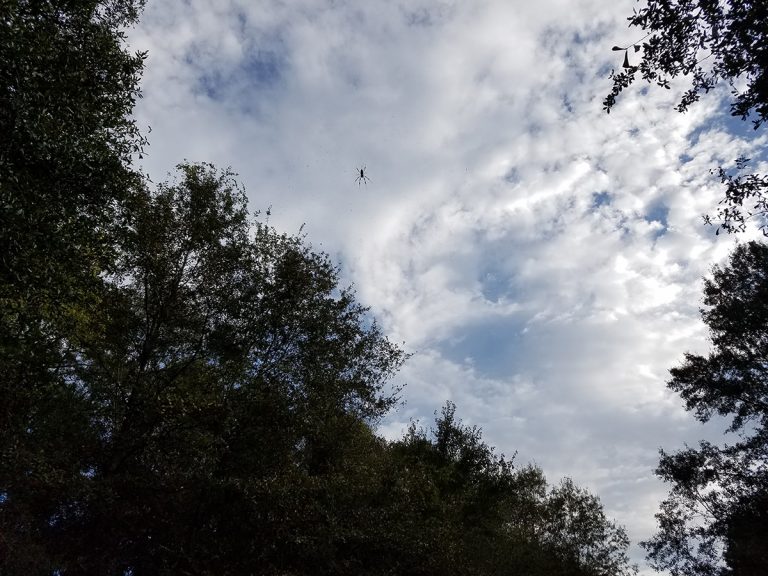Psalm 119:57 – Still Mine!
You are my portion Lord.
I have said that I will keep your word.
It’s interesting to look at multiple translations of this. Many of these translations reflect ways in which my meditation was going even before I read them. Some are straightforward, such as the NRSV: “The LORD is my portion; / I promise to keep your words.”
Note that in Hebrew we don’t have a verb or anything to indicate person. The NRSV uses “The LORD is …” 3rd person singular, while I place the first part as addressed to God, matching the second line. As literally as possible, that first line reads “My portion YHWH.”
The Message reads:
Because you have satisfied me, God, I promise
Psalm 119:57 (TM)
to do everything you say.
Notice that Peterson also reads the first part of the verse as addressed to God. Further, notice how “I promise” is on the first line of the couplet. That is the division in my printed Hebrew text. I think it’s best to read the “I have said” or “I promise” with the second line.
Now this all gets a bit technical, though I’m skipping over a great deal. This is part of my process for meditation, hearing the words in different renderings. I’m first interested in what the Psalmist himself thought, but I see scripture as living, and as an element of God’s presence in the community of faith, I’m interested in how other readers have taken a particular text.
This was reemphasized to me in studying Leviticus from the commentary by Jacob Milgrom. (I’ll put display of some of is books at the end of this post as well.) Milgrom is a Jewish scholar, yet his study of a passage runs from the earliest prehistory of the text all the way through Christian interpreters over time. I had an inkling of this before reading Milgrom, but his thoroughness provided an example that led me much further than I might otherwise have gone.
As a spiritual activity, Bible study is a community activity. This is not to deny individual study. I have been individually studying even while I reference various translators and commentators. What I write here is molded by what I experience in the church and in the broader faith community. An isolated interpretation may be technically correct, but it is almost certainly dead.
When the Psalmist says God is his “portion” that evokes a couple of things. First, a portion of an inheritance or another division of possessions. Second, it evokes the contrasting statement of Deuteronomy 32:9, “For the LORD’s portion is his people.” In Christian thought I’d relate this to “Christ in me” and me “being in Christ.”
I call God my God. That doesn’t mean God is in my possession, but rather that there is a singular relationship there that God has created through a covenant and through that covenant God has made promises. It is one thing to try to control God, as we often do in prayer. We treat prayer as a sort of magic where if we say the right words, God is required to take a particular set of actions.
This differs, however, from simply expecting our God to be our God and to fulfill all those promises. I, in my community, relate to God through covenant.
And it is “in Christ” as someone deeply and permanently connected with God through covenant that I make any promise. “I will keep your word,” will be a boast if I am trying to do it on my own power to gain God’s favor. But when I say that in covenant, it connects with all God’s promises.
What promise might you have forgotten that you need to connect with today?






One Comment